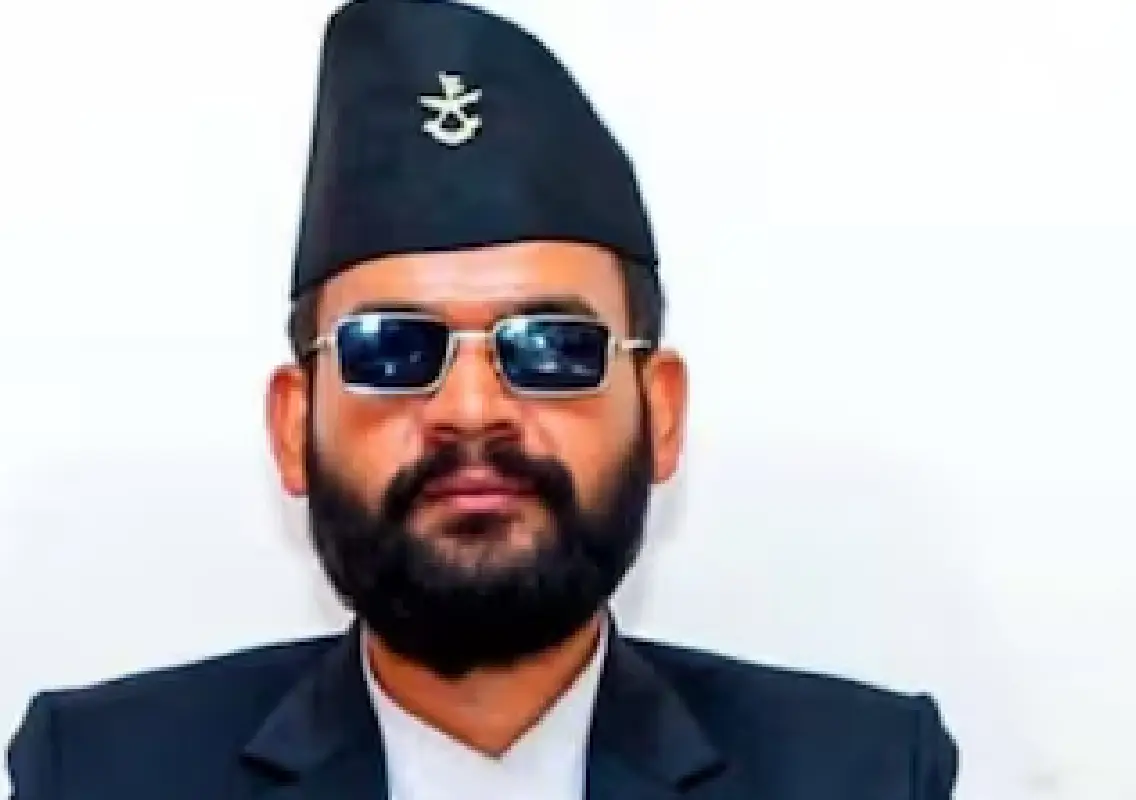Johnny Doc wants to be released from prison early to help his gravely ill wife. Prosecutors oppose the request.

Convicted former labor John J. Dougherty has asked a federal judge to allow him to serve the rest of his six-year prison sentence on house arrest, saying his wife is gravely ill and that if he can’t be released to help coordinate her care, she’ll likely die.
Dougherty’s attorney made the request last month in an emergency motion for compassionate release, telling U.S. District Judge Jeffrey L. Schmehl that Dougherty’s wife, Cecelia — who for years has suffered from a debilitating brain injury — has seen her condition worsen since her husband reported to prison last fall.
A trust fund established to pay for her care is about to run out of money, the motion said, adding: “without her husband’s aid, Cecelia’s death is not speculative; it would be imminent.” Dougherty’s health has worsened behind bars, the document said, and he suffers from a chronic foot infection, skin lesions, and is becoming partially blind.
Federal prosecutors opposed Dougherty’s request, telling the judge in a motion last week that although they were sympathetic to his wife’s ailing health, lack of money to pay for specialized, round-the-clock medical assistance was not a reason to release Dougherty less than a year into his sentence for convictions on bribery and embezzlement charges.
They also said they believed Dougherty, 65, was in relatively good health for his age, and said that although his wife “would benefit as well from the presence of her husband, that fact does not distinguish this case from that of countless defendants whose loved ones suffer as a result of their crimes.”
The dueling court filings are the latest chapter in the case against Dougherty, who for decades was one of the region’s most prominent power brokers as he presided over Local 98 of the International Brotherhood of Electrical Workers.
The emergency motion shows just how far Dougherty is from that stage of his life. His attorney, George Bochetto, wrote that Dougherty struggles to walk due to maladies he’s developed at a federal penitentiary in Lewisburg, that he has virtually no money or assets left, and that his wife will not receive the type of dedicated care she needs through Medicare or Medicaid.
Dougherty’s two adult daughters have made “heroic efforts” to assist their mother, the motion says, but are not equipped to serve as permanent caregivers when the money to pay for private nurses runs out. Dougherty is “the only available and capable caregiver for his completely incapacitated wife,” the motion says.
“For Cecelia Dougherty,” Bochetto wrote, “the Court’s decision on this Emergency Motion will determine whether she lives or dies.”
Prosecutors said in their response that although they were “profoundly sympathetic” to Cecelia Dougherty’s health challenges, “John Dougherty himself is not a medical professional and cannot personally provide this care, and never provided 24-hour assistance.”
They also said Dougherty’s wife has suffered from similar health challenges for years before his newest legal filing.
And they said Dougherty has not served enough of his sentence to merit compassionate release.
“The severity of Dougherty’s corruption offenses, in combination with the very short portion of his sentence he has served, independently warrant denial of his motion,” prosecutors wrote.
Dougherty was sentenced last year to six years in prison after being convicted in separate bribery and embezzlement trials — the first in 2021 on charges he’d spent years bribing former Philadelphia City Councilmember Bobby Henon, the second over nearly $600,000 he and others embezzled from the union.
His convictions were a watershed moment in Philadelphia politics, knocking him from his perch as one of the state’s most powerful figures — a kingmaker who had the ear of lawmakers in City Hall and the statehouse.
Henon, who was convicted alongside Dougherty, was sentenced to 3½ years in prison, but was transferred to a halfway house earlier this year to serve out the remainder of his sentence.
It was not immediately clear when or if Schmel might rule on Dougherty’s request. In court documents filed Monday, Dougherty’s attorney urged the judge to schedule a hearing to evaluate the motion, writing: “This case is not about relitigating John Dougherty’s sentence. It is about whether the law allows mercy when continued incarceration serves no purpose other than to guarantee the death of an innocent spouse.”



